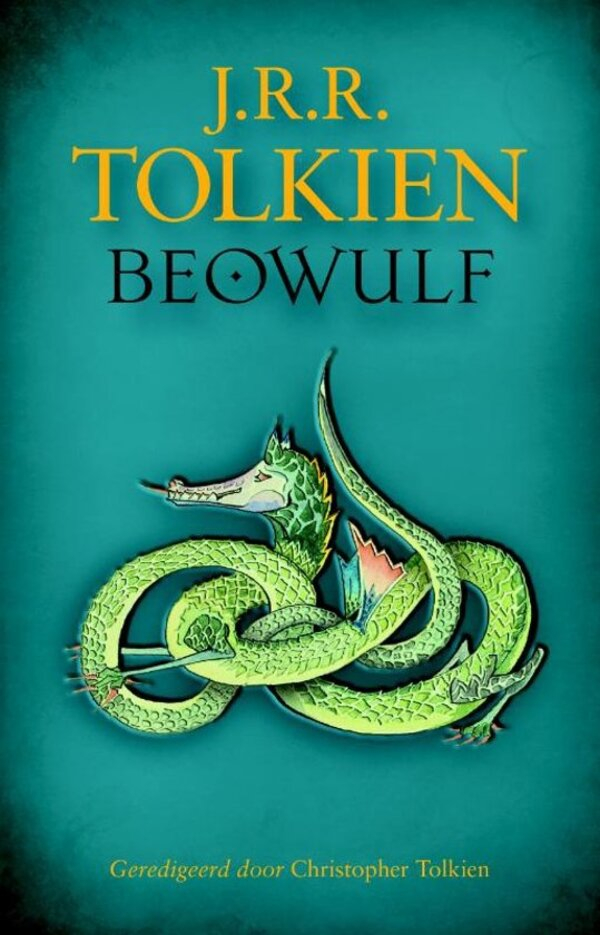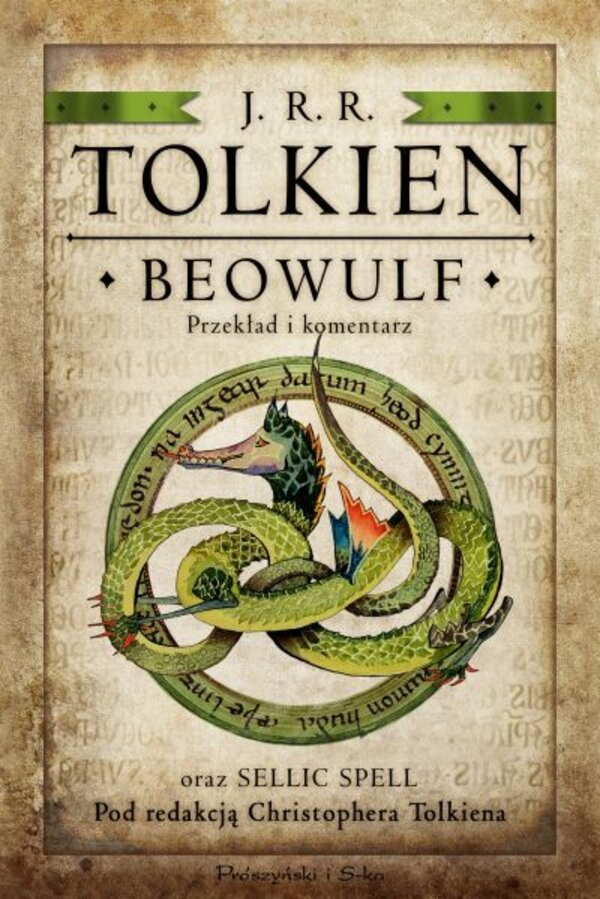Tolkien’s translation of Beowulf was published four decades after his death
JRR Tolkien started working on his academic career after being released from the British Army. He started modernizing Beowulf's Old English into modern English sometime about 1920. The translation was completed in 1926 but was never released. More than 40 years after Tolkien's passing and almost 90 years after it was completed, Christopher, Tolkien's son, made a few last revisions to his father's work before publishing it in 2014.
Tolkien gave a renowned lecture titled "Beowulf: The Monsters and the Critics" ten years after finishing his translation of the poem, and it had a long-lasting impact on Beowulf's studies. Lewis E. Nicholson noted that Tolkien established the priority of the work's poetic nature as opposed to linguistic features in its pure language and that the article was "widely recognized as a turning point in Beowulfian criticism."
Beowulf was criticized at the time for focusing on fantasy fights with monsters rather than real tribal conflict. Tolkien contends that because the author of Beowulf addresses human destiny generally rather than just particular tribal politics, monsters are crucial to the poem's meaning.
Tolkien fiercely defends against reading the sublime components in instances when Beowulf deals with particular tribal strife, such as in Finnsburg. In the essay, Tolkien also expresses his admiration for Beowulf, saying that it is "one of my most valuable sources." His Middle-earth lore reflects this influence throughout.








